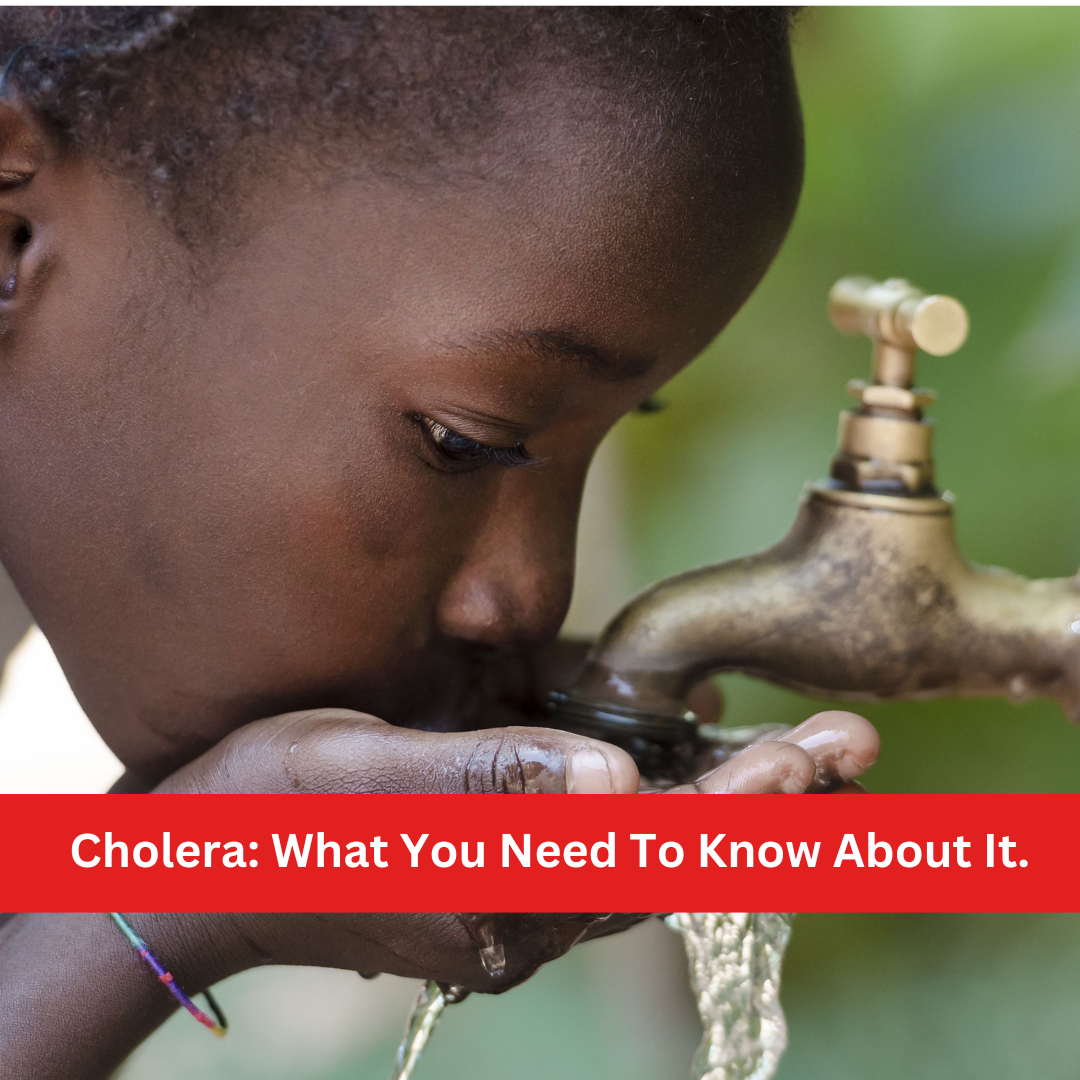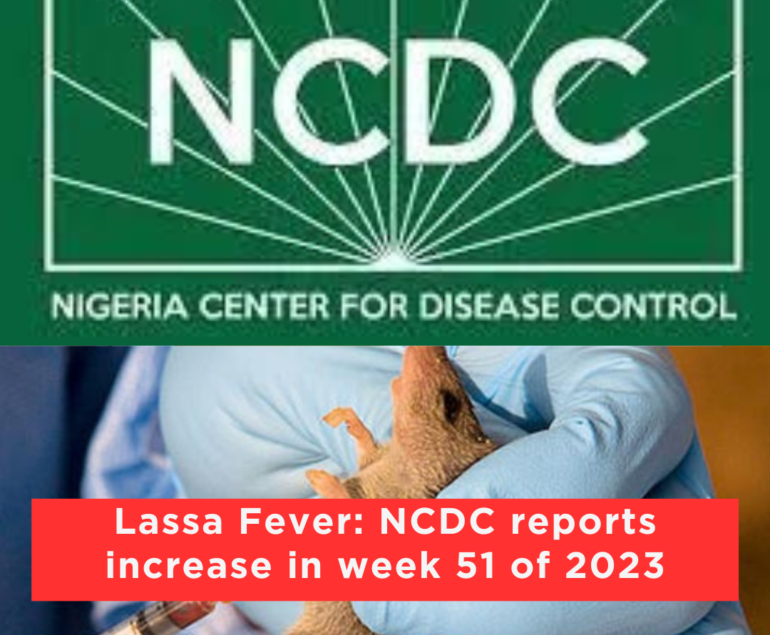Nigeria is currently facing a concerning cholera outbreak which has greatly increased. Recently in Lagos, there have been approximately 60 hospital admissions and five deaths because the patients primarily presented late with severe dehydration. As of April 28, 2024, the country has reported 815 suspected cases and 14 deaths across 25 states.
What is Cholera?
Cholera is an acute illness caused by the ingestion of Vibrio cholerae bacteria. The infection targets the intestines, leading to severe diarrhea and dehydration, which can be fatal if not treated promptly. Symptoms typically appear between 12 hours and 5 days after consuming contaminated food or water. Cholera does not discriminate by age; it can affect both children and adults and has the potential to cause death within hours if left untreated.
How Common is Cholera?
Globally, cholera infects millions annually. It is prevalent in regions lacking modern sewage and clean water systems. This includes undeveloped countries, refugee camps, and regions in the Middle East, Asia, South America, and Africa. Cholera outbreaks are more frequent in warm climates and often follow natural disasters like earthquakes and hurricanes that damage sewage systems.
Related post: https://healthwise.punchng.com/ncdc-reports-30-deaths1141-cholera-cases-warns-imminent-nationwide-outbreaks/
Symptoms and Signs of Cholera:
Cholera symptoms can range from mild to severe. About 10% of infected individuals develop severe symptoms, which appear 12 hours to 5 days after infection, including:
- Extremely watery stools
- Intense thirst
- Lower amounts of urine
- Muscle cramps
- Restlessness or irritability
- Vomiting
- Weakness
Complications from Cholera
Cholera-induced diarrhea and vomiting can lead to substantial loss of fluids and electrolytes such as sodium and potassium. This can result in:
- Dehydration
- Dry mucous membranes (Eyes, Nose, & Mouth)
- Fast heart rate
- Hypokalemia (low potassium levels in the blood)
- Hypotension (low blood pressure)
Untreated severe dehydration from Cholera can lead to:
- Kidney failure
- Shock
- Coma
- Death
Diagnosis of Cholera
To test for cholera, a healthcare provider will need a sample of your stool. Often, you will poop into a collection cup or bag. Sometimes, a healthcare provider will insert a swab into your rectum (opening where feces come out).
The sample gets sent to a laboratory, where experts will look at it under a microscope to identify the bacterium V. cholerae. Some areas where cholera is more common have access to a “dipstick” tool that can rapidly test a stool sample.
Treatment for Cholera
The primary goal in treating cholera is to prevent or reverse dehydration. Treatments include:
- Oral Rehydration Solution (ORS): A mixture of sugar, salts, and water consumed in large quantities.
- Intravenous fluids: Administered in cases of severe dehydration.
- Antibiotics: To reduce the severity and duration of the illness.
- Zinc supplementation: Recommended for children under five years of age.
Generally, the body eliminates the bacteria within two weeks.
Prevention of Cholera
Preventing cholera involves maintaining proper hygiene and ensuring safe food and water practices:
- Vaccination: Oral cholera vaccines (OCVs) provide protection for up to two years. The vaccine requires two doses taken two weeks apart for effective immunity. They are recommended for people in high-risk areas and during outbreaks.
- Food Safety: Avoid raw or undercooked seafood. Eat prepackaged foods or freshly cooked meals served hot.
- Water Safety: Drink only bottled, canned, boiled, or chemically treated water. Ensure the bottle or can seal is intact.
- Water Disinfection: Boil water for at least one minute, add iodine tablets, household bleach (two drops per liter), or use chlorine tablets.
- Fruits and Vegetables: Wash with clean water.
- Hand Hygiene: Wash hands with soap and clean water, especially before eating or handling food and after using the bathroom. Use hand sanitizer with at least 60% alcohol if soap and water are unavailable.
Important Facts About Cholera
- Global Impact: Each year, there are an estimated 1.3 to 4.0 million cholera cases and 21,000 to 143,000 deaths worldwide.
- Public Health Threat: Cholera is a global threat and highlights issues of inequality and lack of social development.
- Asymptomatic Carriers: Many infected people show no symptoms, though the bacteria remain in their feces for 1-10 days, potentially spreading the disease.
Conclusion
The current Cholera outbreak in Nigeria emphasizes the critical importance of public health infrastructure and basic resources in preventing and controlling infectious diseases. Collectively as a nation we need to focus on Improved sanitation, access to clean water, hygiene practices, and community awareness to reduce the risk of transmission.
A comprehensive approach involving government agencies, healthcare organizations, and civil society groups is essential for an effective response. By addressing the underlying factors contributing to the outbreak, such as poverty and lack of access to healthcare, we can create resilient communities better equipped to withstand future health challenges.




